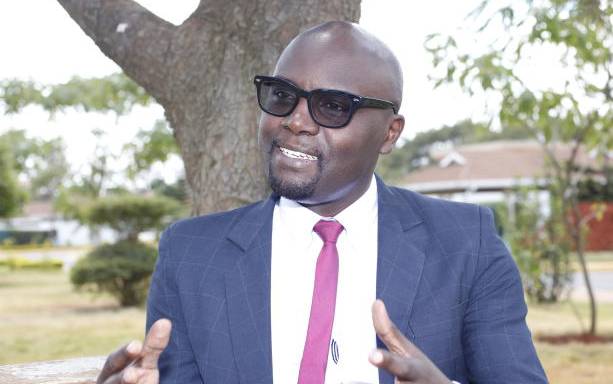×
The Standard e-Paper
Stay Informed, Even Offline

Atheists in Kenya have asked the government to institute a national lockdown to mitigate the spread of coronavirus arguing that dusk to dawn curfew is not enough.